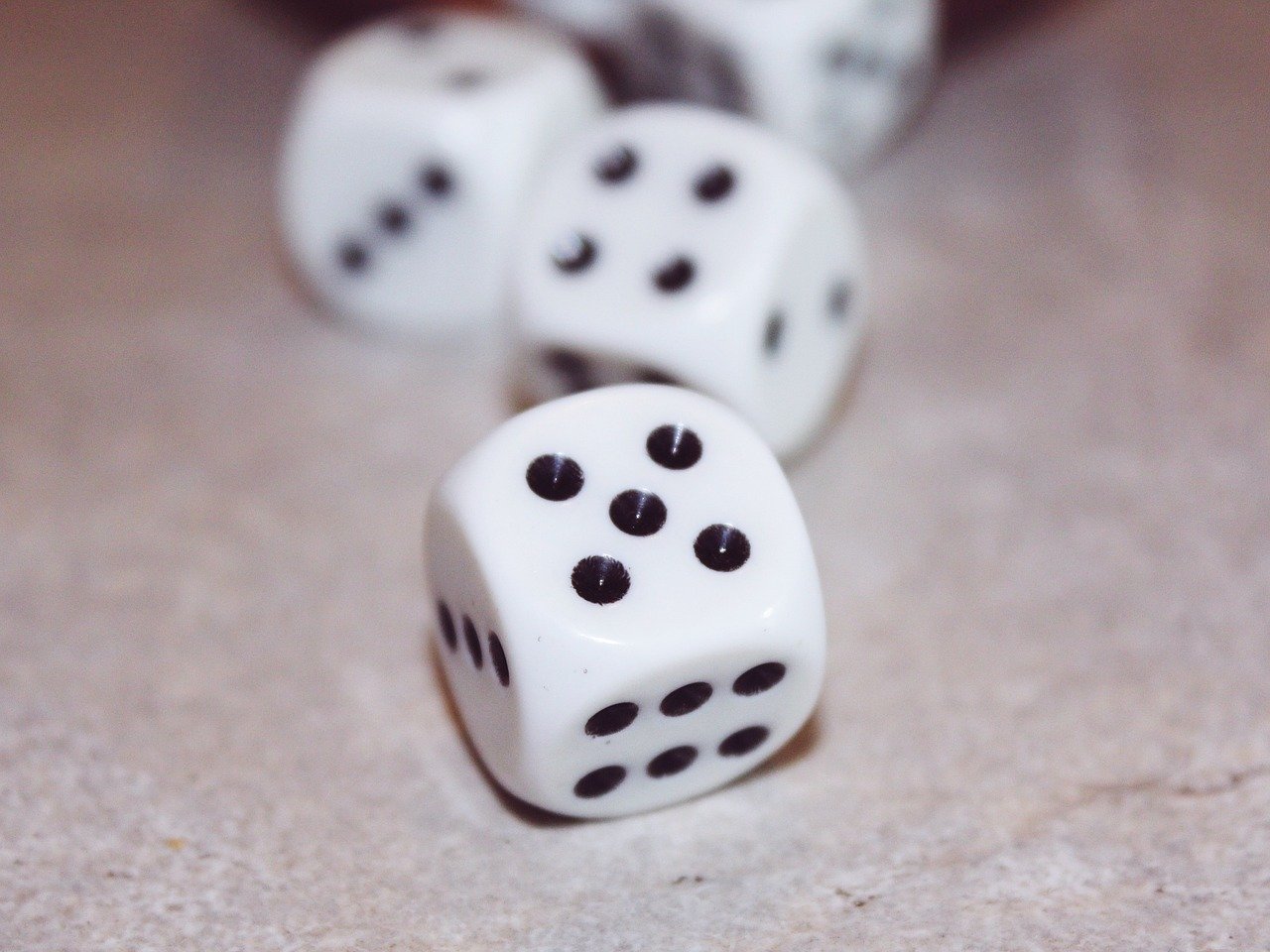As Baldwin implies, expert players do not rely on luck. They are at war with luck. They use their skills to minimize luck as much as possible. They figure they’re getting the best of it, and they leave lucky draws to their weaker opponents. To the extent that they are getting the best of it, they will win more often than they lose. Over the long run everybody gets the same proportion of good and bad cards, of winning and losing hands.

Beginning poker players rely on big hands and lucky draws. Expert poker players use their skills to minimize their losses on their bad hands and maximize their profits on their big hands. They also are able to judge better than others when a big hand is not the best hand and when a small hand is the best hand. Whatever your level of play, the succeeding chapters will introduce you to theories and concepts of poker that will eliminate your reliance on luck and lead you to become an expert who relies on his skills. For above all, you must remember that poker is not primarily a game of luck. It is a game of skill. Poker is a generic name for literally hundreds of games, but they all fall within a few interrelated types.
There are high games like seven-card stud and Texas hold ’em, in which the highest hand in the showdown wins, and low games like draw lowball and razz, in which the lowest hand wins. There are also high-low split games, in which the best high hand and the best low hand split the pot. Among high, low, and high-low split games there are those like five-card draw, in which the hands are closed, and those like seven-card stud, in which some of the players’ cards are exposed for all to see.

